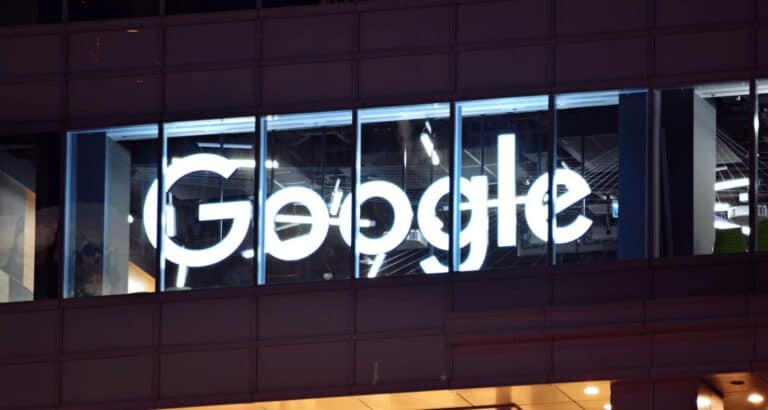The Digital Markets Act (DMA) has forced Google to make significant changes to its offerings within the EU. 20 changes to Search and the absence of several features are required, according to the company.
The DMA has been in effect since Feb. 17, 2024. Alphabet, parent company of Google, is one of the companies that has to adjust its own policies as a result. This is due to the fact that the EU wants to use the law to set rules for certain tech domains. One of these revolves around search engine competition. Needless to say, this has a big impact on Google Search, the oldest and best-known part of the Google suite.
Google is currently running a test in Germany, Belgium and Estonia with regard to hotels. Among other things, users will no longer see hotel results and a map showing hotel locations. Google presents these changes as a clear weakening of the feature offerings and promises that everything will revert back to the usual features after the test. The company stresses that the “new” format actually resembles the “ten blue links” of years ago, in effect recalling the original Google website that exploded onto the online scene over two decades ago.
Proposals
Google has come up with several proposals to continue supplying the European Union with Search. For example, the company may not simply show Google Flights when a user searches for flights, but there may be a direct link to comparison sites. That is one option, as users also have the choice of getting direct links to suppliers when they search for a product, restaurant, flight or hotel. This, as mentioned above, is basically Google Search to its core
For now, Google is sticking with applications in which its own competitiveness is heavily influenced by the fact that Search is dominant. In other words: Google Flights is many times easier for users to consult because a competitor like Skyscanner or CheapTickets itself does not have a ubiquitous search engine. So for that, Google has now come up with an alternative that does adhere to DMA.
But now the question is whether this is a moving target. After all, Google’s search engine also directly provides a calculator, stopwatch, weather information and more. Whether the DMA will force the company to give competitors a stage in similar ways here, too, is far from established.
Reconciliation
Regardless, Google’s tone in the announcement is conciliatory. “We acknowledge that the DMA requires some significant changes to our online services in Europe – but we do not believe that the end goal is to prevent search engines from innovating and competing.”
Also read: Parlement greenlights Digital Markets Act and Digital Services Act
